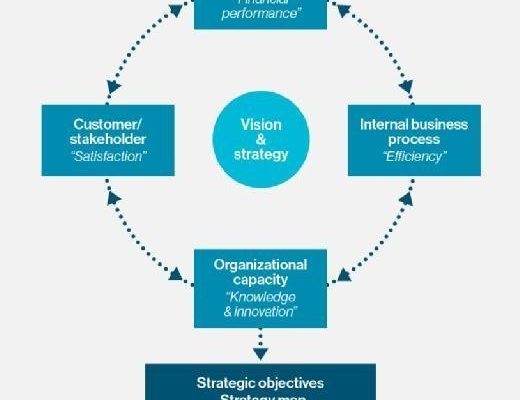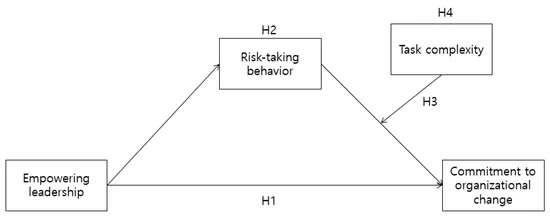Understanding Strategy and Strategic Leadership

Strategy leadership involves decision-making aimed at shaping the direction of the organization. In a school, creating strategy takes time, three to five years and beyond. Strategy also includes considering broader core issues and themes for development in the school, instead of day-to-day issues.
Strategic planning is held to be one among a number of development approaches. While strategy can be a framework to set future direction and action, it can also be used to judge current activities. A strategically focused school is educationally effective in the short term, but also has a clear set of processes to translate the core purpose and vision into an excellent educational provision that is sustainable over time.
Through strategic leadership, this broad activity is linked to shorter-term operational planning, responses to immediate events, and the long-term strategic direction. In simple terms, strategic leadership defines the vision and moral purpose of the school and translates them into the desired action.
In their analysis of data from interviews with leaders possessing high-level strategic skills, Davies, Davies, and Ellison (2005) split their research findings into two categories – what strategic leaders do and what characteristics they possess. Their analysis established that strategic leaders participate in five main activities.
1. They Set the Direction of the School
This activity relates to the traditional definition of strategy as a pattern of decisions that set the direction of the organization. Strategy is the actual framework of choices that is relied upon to determine the nature and direction of an organization. The following summarizes what strategic leaders do:
• They set the direction of the school.
• Dissatisfied with the present, they challenge and question..
• They turn strategy into action.
• They prioritize their own strategic thinking and learning by re-framing their understanding and that of others.
• They align the people and the organization with the strategy.
• They display strategic wisdom based on a clear value system.
• They know when to intervene.
• They network.
• They develop strategic capabilities within the school.
• They have high-quality people skills.
2. They Translate Strategy into Action
While most schools establish plans, few translate them into action. Strategic leaders are good “completer-finishers.” They were capable of not only “seeing ahead” but also “seeing it through.” This characteristic of strategic leaders is born of their ability to focus on a limited number of issues and move forward on those issues.
It is key that a leader be seen as a person who not only builds a sense of purpose and direction in the school, but also as one who translates them into reality.
There is a danger where strategy is seen as a desirable activity, and in consequence so much time is spent designing strategic frameworks and plans. Thus the question that emerges is: “How do we translate these frameworks into the capacity to move toward better outcomes in the school?” A strategic leader uses his or her strategic ability to translate strategic vision into action.
3. They Align the People, the Organization, and the Strategy
It is vital that school leaders build in-depth capacity within the school to deliver the strategy. Davies (2003) suggested a four-stage approach that, first, articulates the strategy in oral, written, or structural ways; second, builds a common understanding through shared experiences; third, creates a shared mental image of the future through dialogue; and fourth, defines the desired outcomes.
4. They Determine Effective Strategic Intervention Points
An important aspect of strategic leadership is timing. Knowing when to make a change is as important as the change itself. This critical issue arises from rational analysis or leadership intuition. Discerning when both external circumstances and internal conditions can be effectively managed toward successful change is significant in effective leadership.
The issue of strategic timing goes hand in hand with the concept of strategic abandonment. The issue that comes up is that of differentiating between abandonment of things that are not working well and abandoning those that were satisfactory in pursuit.
A key ability of strategic leaders is not only knowing when to make a change, but knowing how to free up organizational space to have the capacity to move into a new strategic direction.
5. They Develop Strategic Capabilities in the School
A good example of long-term competency is the fundamental understanding of learning and the varying needs of students. Strategic leaders agree that more focus should be on the development of long-term abilities.
If leaders develop strategic abilities, they would achieve more, in the form of a reflective-learning culture in teaching staff, a no-blame problem-solving approach, and a deeper understanding of learning.






